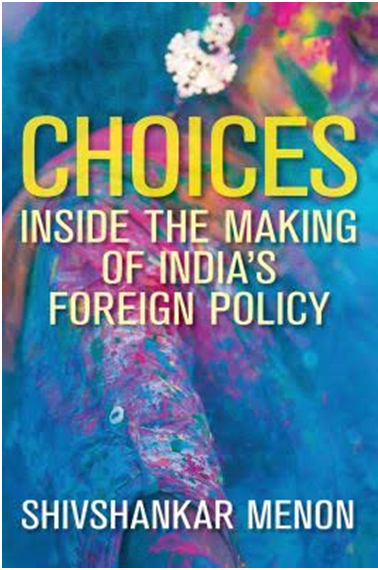Nuclear Weapons 233 - Risks Of Pakistani Nuclear Arsenal
There is a great deal of international concern about Pakistan's nuclear arsenal. There are a lot of factions vying for power in Pakistan split along ethnic, religious and ideological lines. The government of Pakistan has maintained tight control over nuclear weapons but insurgents still managed to attack one of the military bases where the weapons are stored. The great fear is that insurgent groups such as Al Queda or the Taliban might get their hands on Pakistani nuclear weapons.
The recent decision by the Pakistani military to deploy tactical nuclear weapons to the Pakistani-Indian border is increasing fear of stolen nuclear weapons. These tactical nuclear weapons will be small and simpler to detonate than major nuclear warheads. They will be under the control of the local commanders and will not be as secure as the nuclear weapons stored on major military bases. They would be prime targets for terrorists and rebels.
Shivshankar Menon, a former Indian National Security Advisor, has now claimed that the real dangers of Pakistani nuclear weapons theft and misuse is not from terrorists. He says that nuclear weapons including tactical versions are "complex devices that are difficult to manage, use and deliver and required a very high level of skills." Instead, Menon says that rogue elements in the Pakistani military are the real danger.
In his recent book, "Choices: Inside the Making of India's Foreign Policy," Menon raises the prospect of a Pakistani pilot in a plane equipped with nuclear weapons deciding to attack India without orders or permission. Ground based commanders with access to tactical nuclear weapons could also decide to unleash them on Indian troops or military facilities without orders or permission. Menon points out that Pakistan is the only nuclear armed nation in the world whose nuclear arsenal is exclusively under the control of the military.
Menon claims that Indian nuclear weapons exist solely as a deterrent and not to compensate for a military imbalance with respect to the number of troops that a country might possess. Pakistan, to the contrary, explicitly says that it is deploying tactical nuclear weapons to the border with India to deal with a possible ground invasion by the numerically superior Indian army. Menon says that while India has a no-first use policy, if Pakistan used tactical nuclear weapons inside Pakistan against Indian troops, India would retaliate with a full scale nuclear attack.
The recent attacks by Pakistani militants on Indian troops in Kashmir and the retaliatory artillery attack by India on Pakistan positions near the border have heightened tensions between Pakistan and India. If this cycle of attack and counter attack continues, it could lead to a nuclear exchange between Pakistan and India which would be disastrous for both nations. In addition, if more than a hundred nuclear warheads are detonated in such an exchange, it might lead to a nuclear winter that could destroy our global civilization.
Whether terrorists, rogue military elements or the high command of the Pakistani military, the use of nuclear weapons by Pakistan could spill over into nuclear exchanges between other countries including the U.S., NATO, Russia and China. World War III is becoming more likely.
